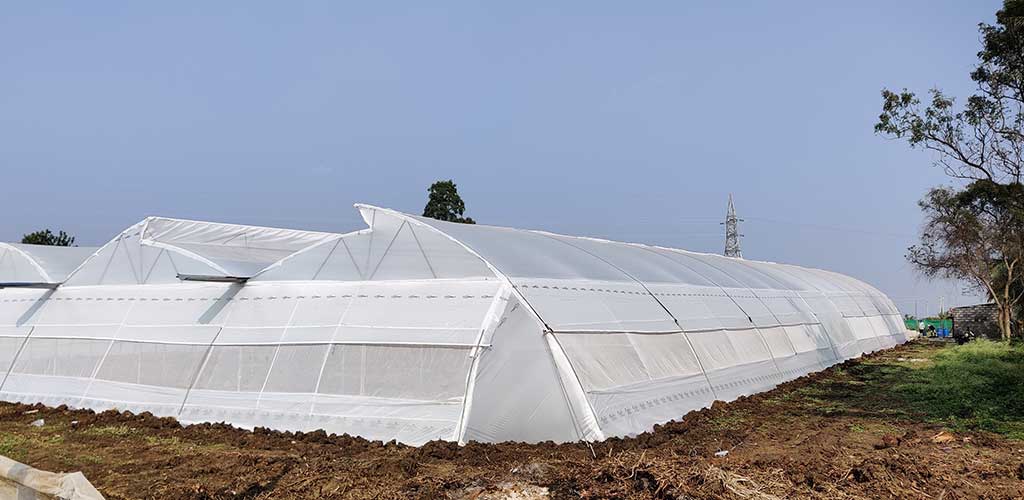Welcome to the Future of Farming: Polyhouse Farming!
Are you ready to revolutionize the way you grow your crops? Look no further than polyhouse farming—a cutting-edge technique that combines technology, innovation, and sustainability to maximize your agricultural potential. With a polyhouse, you can create the perfect environment for your plants, ensuring optimal growth, protection, and year-round production.
What is Polyhouse Farming?
https://www.high-endrolex.com/16
These structures, also known as polyhouses or greenhouses, allow farmers to manipulate and regulate crucial factors like temperature, humidity, light, and ventilation.
Benefits of Polyhouse hydroponic Farming
Climate Control
With polyhouse farming, you can eliminate the uncertainties of traditional farming caused by unpredictable weather conditions. By customizing the environment, you can ensure that your plants receive the ideal conditions for growth, regardless of the season or external factors.
Enhanced Crop Quality
The controlled environment of a polyhouse provides optimal conditions for your plants, resulting in healthier, more robust crops. You can minimize the risks of pests, diseases, and other external factors that may compromise the quality of your harvest. Additionally, by avoiding the use of harmful chemicals, you can produce organic, pesticide-free crops.
Increased Crop Yield
By providing the perfect conditions for plant growth, polyhouse farming significantly boosts crop productivity. With carefully regulated factors like temperature, humidity, and light, you can extend the growing season and increase the number of harvest cycles per year. This means higher yields and increased profitability for farmers.
Water Conservation
Water scarcity is a global concern, but polyhouse farming offers a solution. With advanced irrigation systems, such as drip irrigation or hydroponics, polyhouse farmers can optimize water usage by delivering the right amount of water directly to the plant roots, minimizing waste and maximizing efficiency.
Protection from External Factors
Polyhouses shield your crops from extreme weather conditions, pests, insects, and other potential hazards. You can ensure a stable and secure environment for your plants, reducing the risk of crop failure and financial losses.
Sustainable and Environmentally Friendly
Polyhouse farming promotes sustainable agriculture by reducing the need for chemical fertilizers, pesticides, and excessive water usage. By adopting this eco-friendly approach, you contribute to preserving the environment and minimizing your carbon footprint.
